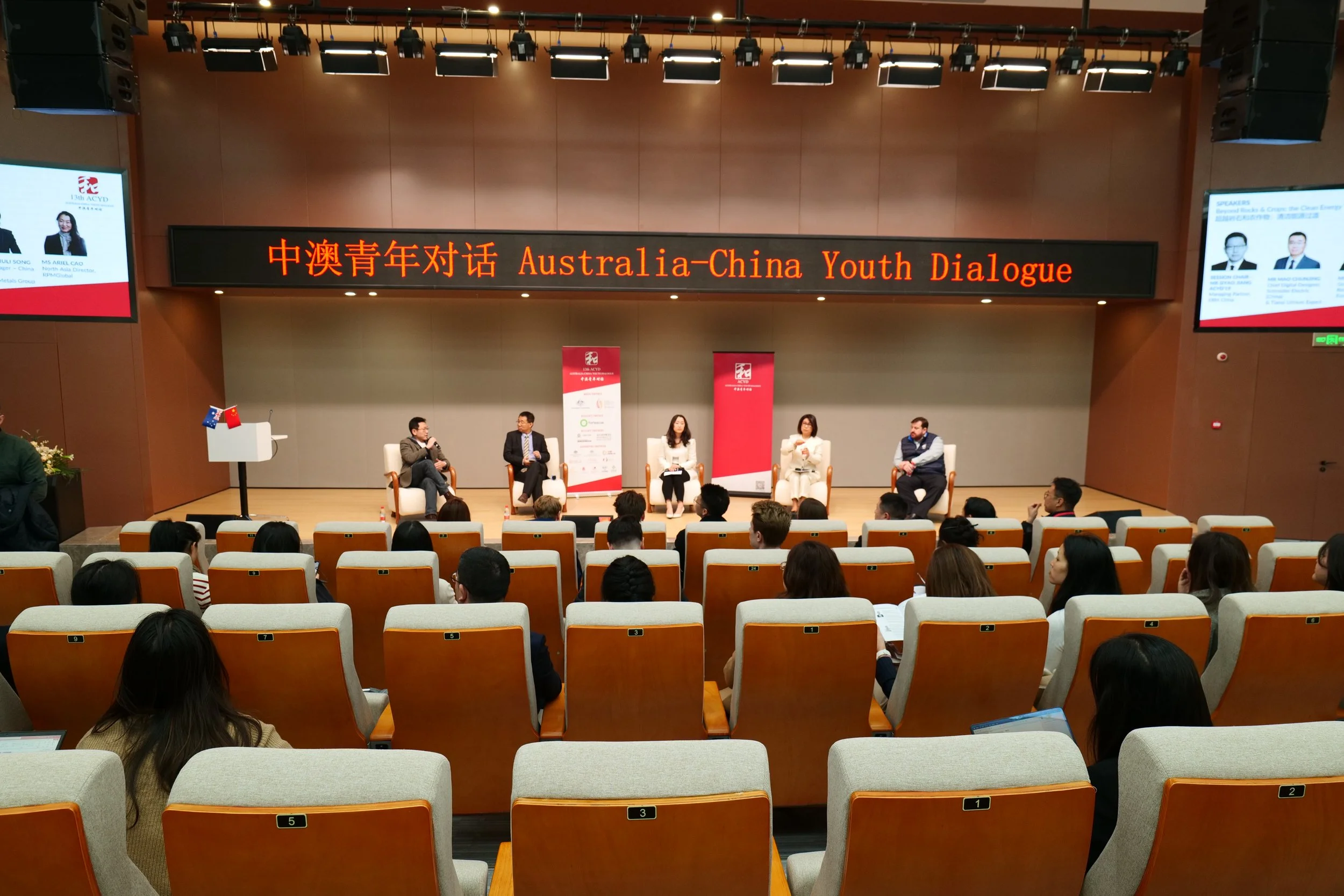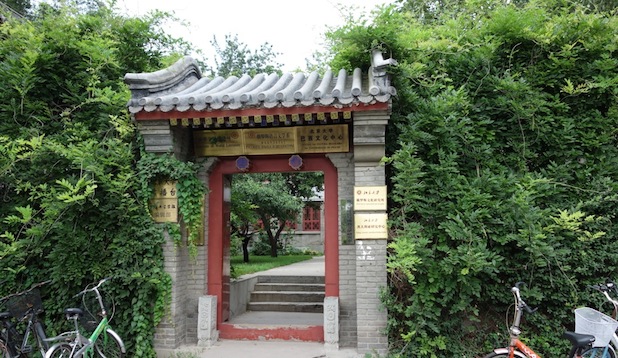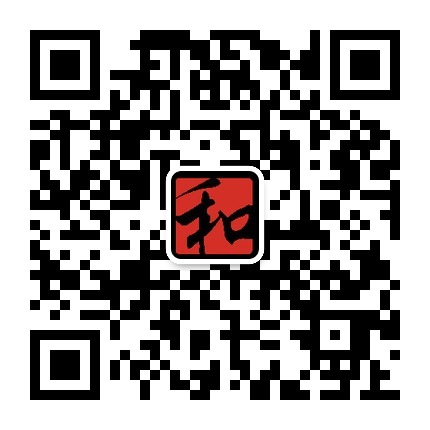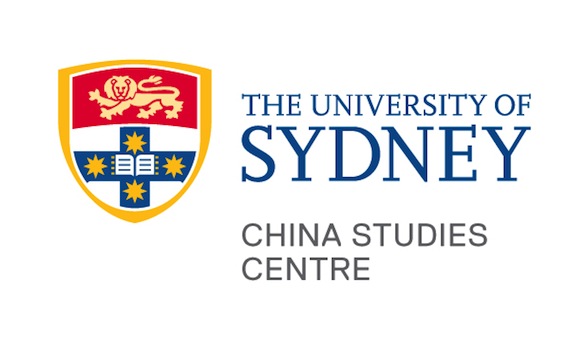The Australia-China Youth Dialogue was featured in the Australian Education International (AEI) report: Expanding Our Horizon - Forty years of Australia-China collaboration and exchange in education, science and research. This report was launched by Prime Minister Julia Gillard in Beijing, and catalogues 40 years of Australia-China engagement.
The Australia-China Youth Dialogue was featured on page 24-25:
"The Australia-China Youth Dialogue has been held annually since 2010, and hosted in China every other year. The Dialogue is featured in more detail in chapter 7. Pohlner says, ‘The next generation of political, academic and business leaders in both Australia and China has the potential to be more globally connected and aware than any generation that preceded them.’ For Pohlner, ACYA signals a maturing of Australia-China relations. Generously supported by government, it remains a non-government enterprise operated entirely by people under the age of 35—born after the commencement of formal diplomatic ties—for the members’ benefit. As the interconnectedness of Australian and Chinese societies continues to deepen, this model will, Pohlner hopes, become a norm for engagement. ‘As an old Chinese proverb goes,’ says Jason Huang, ‘a good neighbour is better than a brother far off .’ A research assistant at Sun Yat-sen University’s Australian Studies Centre and a 2010 International Journalism graduate from Guangdong University of Foreign Studies, Huang is an activist on the Chinese side in boosting grassroots student ties between Australian and Chinese students. He was co-organiser of the Sino-Australian SME Summit in 2010 and earned an ACYD delegate place the following year. As ACYA cultural liaison officer in 2011, he coordinated translation of ACYA’s submission to the White Paper on Australia in the Asian Century. Huang says: 'Australia-China relations are profitable for both countries; it is easy to direct bilateral cooperation from the top. But it’s at the grassroots level that the biggest changes are possible—young Australian and Chinese students and professionals sharing ideas and forming deeper mutual understanding through independent dialogue.'"
And page 126-127 of the report:
"Through the ACYD (Australia-China Youth Dialogue), talented young people are developing innovative ideas while learning from those who shaped the present. Delegates embody a vision of a future based on constant interaction and communication. They are building strong professional ties and lasting friendships. The ACYD young leaders’ dialogue is held annually, alternately in Australia and China. It partners with the All-China Youth Federation and the China University Media Union as part of their Dialogue with the World program. Since its inception, ACYD has been supported by Australia’s Department of Foreign Affairs and Trade, the Australian National University, the Capital M Group and the Australia-China Business Council. Rio Tinto, ANZ, the Australian Chamber of Commerce in China, and others have joined in supporting the Dialogue. From a large number of applicants, fifteen Australian and fifteen Chinese delegates aged 18-35 are selected each year to participate in the intensive five-day curriculum designed to challenge existing conceptions of important issues facing Australia and China and to encourage the delegates to engage with issues outside their comfort zone. Almost all delegates are bilingual. Each has at least one area of relevant expertise that ensures discussions throughout the week are engaging and fruitful. The intimacy of the group creates an intense experience and lasting relationships that will serve the bilateral relationship, as young professionals become established leaders. During the dialogue, delegates meet and discuss critical issues with prominent experts and leaders from each country. Past speakers have included Bob Hawke (former Prime Minister), Craig Emerson (current Trade Minister), Michael Kirby (former High Court Justice), Justin Lin (former Chief Economist of the World Bank) and Jing Ulrich (Chairman and Managing Director, JPMorgan). Delegates are selected from a variety of backgrounds and are next generation talent challenged by discussions on the full spectrum of Australia-China relations, from economic, geopolitical and governance issues to environment, culture and creative industries, sports, philosophy, business, and climate change to civil society and the rule of law. During ACYD, delegates explore a cross section of two cities: the capital city and a second city. These have included Shanghai, Sydney, Chengdu and, in 2013, Perth. In each location, discussions are held in varied and unusual venues—a key part of what makes the experience memorable. The 2011 ACYD delegates contributed to the Australia in the Asian Century White Paper. In 2012 delegates prepared a response to the White Paper, addressing ways young people from Australia and China can advance the goals it articulates. The increasingly powerful network cooperates closely with a number of partners in Australia, China and, recently, the United States. Working with these partners brings young professionals together with some of the most vibrant established leaders in Australia and China."
The report can be download from the Australian Education International website: https://aei.gov.au/News/Latest-News/Pages/Expanding-Our-Horizon.aspx












 The Australia-China Youth Dialogue is proud to announce that the University of Sydney's China Studies Centre has come on board as an Associate Partner for the 2013 Australia-China Youth Dialogue. Professor Kerry Brown, the Executive Director of the China Studies Centre and Professor of Chinese Politics, stated that "the China Studies Centre at the University of Sydney are glad to support this years Australia China Youth Dialogue. Engaging young professionals and academics in China in their work and their lives is critically important, and building deeper links between the two countries is something we fully support and wish to see flourish."
The Australia-China Youth Dialogue is proud to announce that the University of Sydney's China Studies Centre has come on board as an Associate Partner for the 2013 Australia-China Youth Dialogue. Professor Kerry Brown, the Executive Director of the China Studies Centre and Professor of Chinese Politics, stated that "the China Studies Centre at the University of Sydney are glad to support this years Australia China Youth Dialogue. Engaging young professionals and academics in China in their work and their lives is critically important, and building deeper links between the two countries is something we fully support and wish to see flourish."


